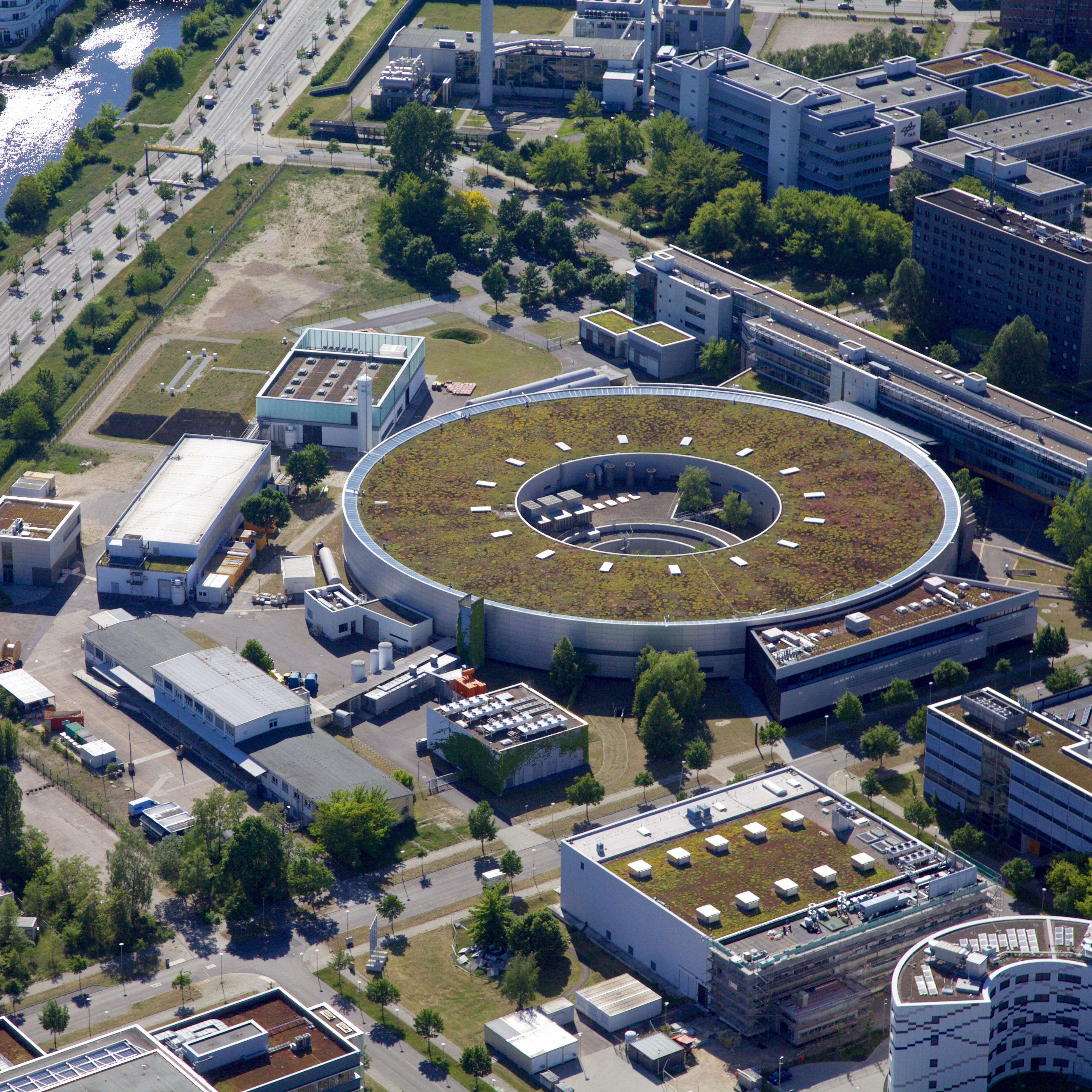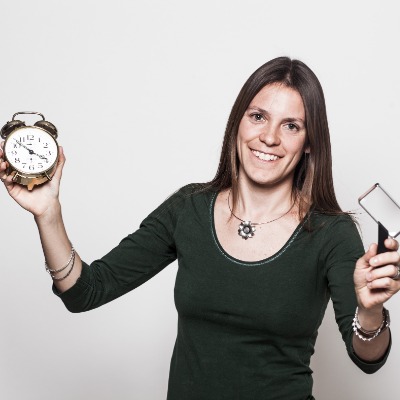HZB combines cutting-edge research with state-of-the-art technology to develop sustainable solutions for the energy supply of the future.
With HIDA's mobility programs, data science talent can help to understand and optimize new energy materials at the Helmholtz Zentrum Berlin and advance the decarbonization of the energy system.

About the Helmholtz Association
The Helmholtz Association
The Helmholtz Association is Germany’s largest scientific organization. Our cross-cutting research programs connect the 18 Helmholtz research centers.
Each center has its own scientific focus areas and infrastructures. The research is thematically structured into six fields:
- Energy
- Earth & Enviroment
- Health
- Information
- Aeronautics, Space & Transport
- Matter
The Helmholtz-Zentrum Berlin (HZB) researches materials for the energy transition and develops innovative concepts for particle accelerators. A central focus is research into solar cells, batteries and catalysts for efficient energy conversion and storage. With the synchrotron radiation source BESSY II, HZB enables high-precision analyses of a wide range of materials, from energy storage devices to biological samples.
Main research areas:
- Photovoltaics
- Research with photons
- Solar fuels / Catalysis
- Electrochemical energy storage (e.g. batteries)
- Quantum and functional materials
- Accelerator research

The sites
The sites
Research sites of the HZB:
- Berlin-Wannsee (Main location)
- Berlin-Adlershof
HZB's expertise in the field of data science and AI
HZB uses data science methods and artificial intelligence to precisely analyze complex materials and their properties. Interdisciplinary teams combine large data sets from experiments with machine learning and simulations to gain new insights into materials science.
By using advanced AI models, innovative analysis methods for energy materials are being developed that open up new avenues for a sustainable energy supply.
- Automated analysis of material data
- AI-supported optimization of solar cells
- Simulations for new battery materials
- Data-driven research with synchrotron radiation
- Machine learning for material design
With the synchrotron radiation source BESSY II, researchers gain precise insights into processes and structures in materials and develop innovative solutions for the energy supply of the future. Every year, BESSY II records around 2700 visits from measuring guests from 58 countries.
Application
Would you like to conduct research and work at HZB? Then apply now for the HIDA Mobility Program!
Please contact your potential supervisor by email before applying to propose and discuss a research project. Only submit your application after this has been clarified.
You can find more information about the application requirements here.
Note for external applicants:
If you have any questions about application formalities or organizational procedures, please contact your home institution directly.
The Hosts at HZB
Get to know some of the hosts at HZB and learn more about their respective research based on data science.
Please note: The listed hosts represent only a selection of possible supervisors.
You are also welcome to independently contact other potential hosts at the center and coordinate your participation in the HIDA Mobility Program directly with them.
If you have any questions, please send an email to: hida@helmholtz.de
Are you interested in becoming a Helmholtz host yourself and looking for support for your research project?
Then please also contact the above-mentioned email address.

Annika Bande
Theory of Electron Dynamics & Spectroscopy
Annika Bande - HZB

Helmholtz-Zentrum Berlin für Materialien und Energie (HZB) - Young Investigator Group Theory of Electron Dynamics and Spectroscopy
Short summary of your group's research: The electronic Schrödinger equation encodes the excited states of any material and their interaction with light may it be in electron dynamics or spectroscopy. We solve the equations in particular for nanomaterials accounting for their chemical environment. Particular interest lies in employing the recent methods of data science and quantum computation along with the traditional theories.
What infrastructure, programs and tools are used in your group? Different commercial and self-written quantum chemistry codes
What could a participant of the HIDA Trainee Network learn in your group? How could he or she support you in your group? Learn: Questions from the domain science quantum chemistry to data science, in particular handling of scarce data. Cutting-edge method development. Support: Overview knowledge on data science and experience in formulating questions properly for a data-driven solution.



